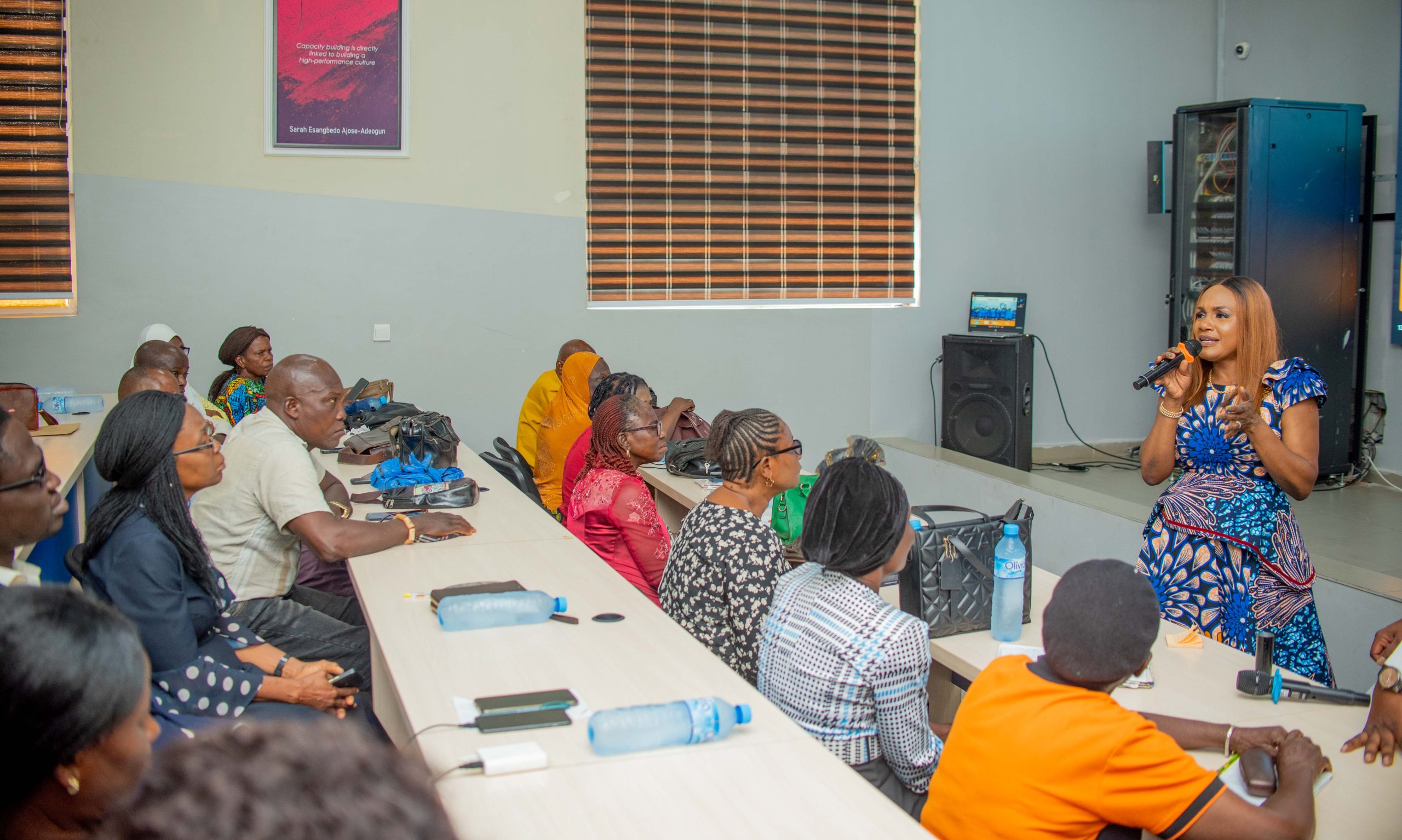The Executive Chairman of Edo State Universal Basic Education Board (Edo SUBEB), Mrs. Ozavize E. Salami, has noted that efficient leadership and monitoring of Key Performance Indicators remain key to sustaining the gains achieved through the Edo Basic Education Sector Transformation (EdoBEST) programme.
Mrs. Salami made the statement while addressing a gathering of school leaders, Education Secretaries and Heads of Schools at a stakeholder engagement session in Benin City.
The stakeholder engagement was held to appreciate the efforts of the school leaders in driving the basic education reform programme of the Edo State Government, discuss the performance of the past academic session and term, new strategic focus of the EdoBEST programme and next steps towards sustaining it.
Addressing the cross-section of school leaders drawn from the seven local government areas in Edo South, Mrs Salami noted that EdoBEST is a data-driven programme that employs real-time data to inform policy decisions. “EdoBEST is a data-driven programme. Over the last five years, we collected our data. We know when the teachers are in schools, when the students show up in schools, and how much learning is taking place,” Mrs Salami noted.
Salami further noted that efficiency on the part of all education sector stakeholders is crucial to driving education reforms. She urged stakeholders present to play their part in improving foundational literacy.
“For any reform, progress happens over time. To sustain the EdoBEST initiative, all the stakeholders, including the parents, must be involved. Our headteachers have greatly improved. With the training we are giving them, we expect them to get better,” Salami said during the press briefing that accompanied the event.
The Chairman noted that Edo SUBEB would use the data gathered in the past term to ensure the sustainability of the programme with the ultimate aim of improving learning outcomes in Edo State. She also noted that “attention will now be focused on improving and measuring learning outcomes by leveraging technology and our governance systems to ensure the lessons are being completed qualitatively and that the Edo Child is receiving qualitative education.
“As the basic education reform progresses, the focus is now on actual learning in the classrooms and how well our children are being taught. There is a global drive now to eliminate foundational illiteracy, and we have a lot of support from our international partners, especially the World Bank, and the Bill and Melinda Gates Foundation.”
The Dean of Education Secretaries, Comrade Nosa Erhahon noted that the engagement was timely ahead of the new session. He also commended the support which Edo SUBEB provides to teachers and the education ecosystem.
The stakeholder engagement session is a step taken by the board to realign all stakeholders with the goals of the programme as it forges ahead to achieve the goals of EdoBEST 2.0. Edo SUBEB continues to support teachers with professional development opportunities, online certification courses and in-service training in a bid to ensure the delivery of quality education across all basic education schools.


